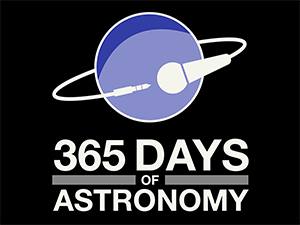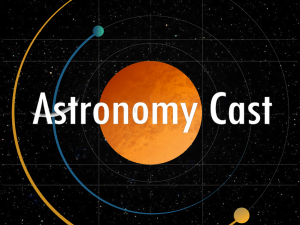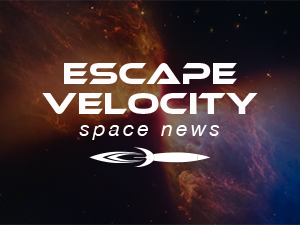
What’s cooler than an asteroid pair? How about an asteroid trio? Asteroid 130 Elektra is pretty special in this regard – it has two moons and is a rare triple asteroid. The asteroid itself was discovered back in 1873 in the main belt. Elektra is kind of oblong and over 250 kilometers on the longest side. It orbits the Sun every five years. The first of the two moons was discovered back in 2003 and the second in 2014. Still, an asteroid with two moons is not unheard of, even it’s pretty interesting.
But wait, there’s more! Astronomers using the Very Large Telescope in Chile have announced the discovery of a third moon for the tiny system, and that makes this a first for our solar system.
Now, none of these moons are very big. The largest of the three and the first one discovered is about six kilometers in diameter. The next one is about two kilometers across, and this latest one is smaller than that, at 1.6 kilometers. All three orbit their parent asteroid, Elektra, in periods ranging from less than a day for the smallest and just over five days for the largest. However, the orbit of this newest moon is out of alignment with the other two, which makes this an excellent system for follow-up studies about the stability of asteroid systems.
Again, this system is probably the result of a collision between Elektra and another body, which broke off the three tiny moons. Observations so far show that the four pieces are all made of the same materials. More data is needed, and the team hopes to use the new Extremely Large Telescope once it’s completed and operational to see if there are any more moons in this system and if there are any more asteroids with three moons.
The discovery of 130 Elektra’s third moon was published in Astronomy & Astrophysics with lead author Anthony Berdeu.
More Information
The First Quadruple Asteroid: Astronomers Spot a Space Rock With 3 Moons (The New York Times)
“First observation of a quadruple asteroid,” Anthony Berdeu, Maud Langlois, and Frédéric Vachier, 2022 February 8, Astronomy & Astrophysics



